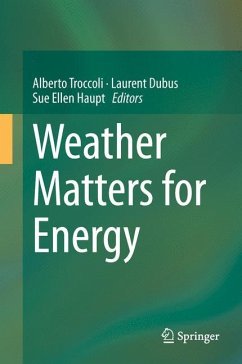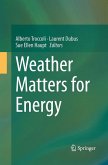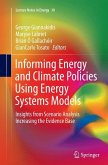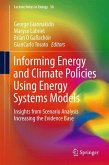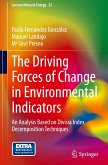It is the purpose of this book to provide the meteorological knowledge and tools to improve the risk management of energy industry decisions, ranging from the long term finance and engineering planning assessments to the short term operational measures for scheduling and maintenance. Most of the chapters in this book are based on presentations given at the inaugural International Conference Energy & Meteorology (ICEM), held in the Gold Coast, Australia, 8-11 November 2011. The main aim of the conference was to strengthen the link between Energy and Meteorology, so as to make meteorological information more relevant to the planning and operations of the energy sector. The ultimate goal would be to make the best use of weather and climate data in order to achieve a more efficient use of energy sources. This book seeks to realise the same objective.
From the book reviews:
"The book contains a wealth of information, presented factually with some excellent graphics and up-to-date references. It is therefore an excellent synthesis that intersects meteorology with different fields of engineering and policy discussed from the point of view of industry, government agencies, academia, and the electric utilities, making it valuable to a wide audience. ... A valuable reference source for advanced audiences. ... Summing Up: Highly recommended. Graduate students, researchers/faculty, and professionals/practitioners." (R. J. Barthelmie, Choice, Vol. 52 (2), October, 2014)
"The book contains a wealth of information, presented factually with some excellent graphics and up-to-date references. It is therefore an excellent synthesis that intersects meteorology with different fields of engineering and policy discussed from the point of view of industry, government agencies, academia, and the electric utilities, making it valuable to a wide audience. ... A valuable reference source for advanced audiences. ... Summing Up: Highly recommended. Graduate students, researchers/faculty, and professionals/practitioners." (R. J. Barthelmie, Choice, Vol. 52 (2), October, 2014)

